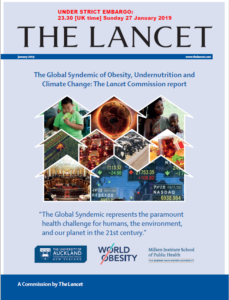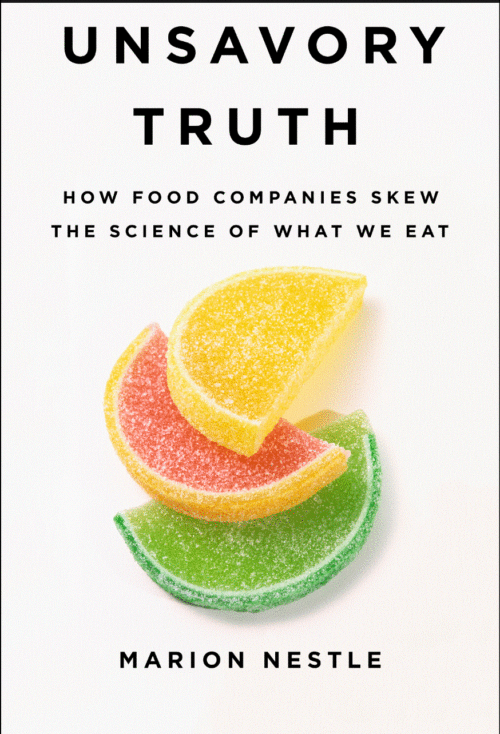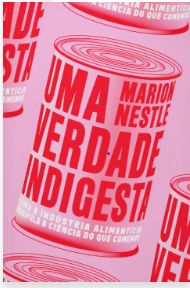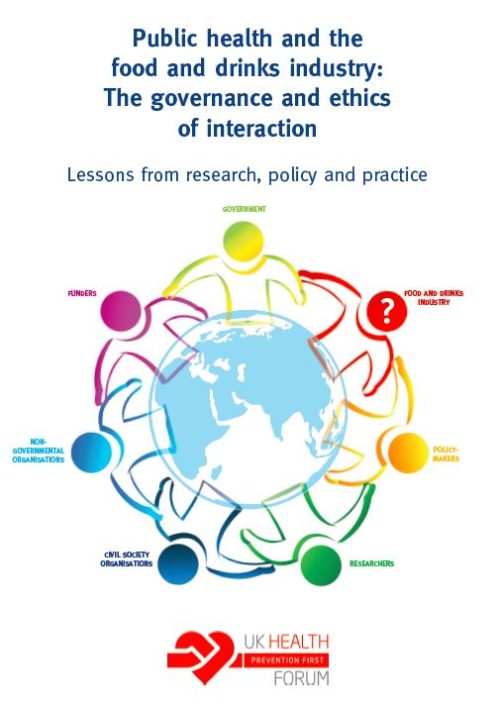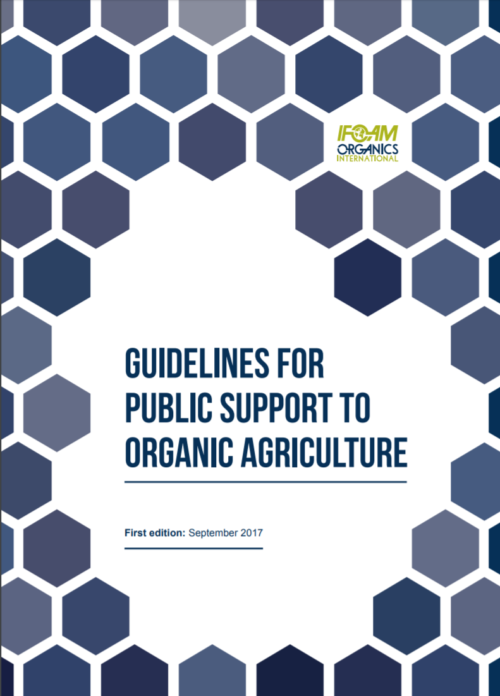My latest publication: food and nutrition policy primer
This is an invited comment on a series of papers on food policy in the American Journal of Public Health, Vol. 109, No. 7 (July): 985-986.
Primer on US Food and Nutrition Policy and Public Health: Marion Nestle Comments
Marion Nestle PhD, MPH
How the US food system affects public health is a matter of intense current interest. “Food system” means the totality of processes through which food is produced, transported, sold, prepared, consumed, and wasted.4 Policies governing these processes emerged piecemeal over the past century in response to specific problems as they arose, with regulatory authority assigned to whatever agency seemed most appropriate at the time.5 Today, multiple federal agencies oversee food policies. For some policy areas, oversight is split among several agencies—the antithesis of a systems approach.
US food policies deal with eight distinct purposes, all of them directly relevant to public health:
- Agricultural support: Overseen by the US Department of Agriculture (USDA), agricultural support polices are governed by farm bills passed every five years or so. These bills determine what crops are raised and grown, how sustainably, and the extent to which production methods contribute to pollution and greenhouse gas emissions.
- Food assistance: The USDA also administers food assistance for low-income Americans through programs such as the Supplemental Nutrition Assistance Program (SNAP, formerly food stamps), the Women, Infants, and Children program, and school meals.
- Nutrition education: This policy is set forth in dietary guidelines revised every five years since 1980 (overseen jointly by the USDA and the US Department of Health and Human Services) and in the MyPlate food guide (USDA).
- Food and nutrition research: The National Institutes of Health and the USDA fund studies of diet and disease risk.
- Nutrition monitoring: The USDA and the Centers for Disease Control and Prevention are responsible for keeping track of the quantity and quality of the foods we eat and how diet affects our health.
- Food product regulation: Rules about food labels, health claims, and product contents are overseen by three agencies: the USDA for meat and poultry; the Food and Drug Administration (FDA) for other foods, beverages, and dietary supplements; and the Federal Trade Commission for advertising.
- Food safety: Regulation of food safety is split between the USDA for meat and poultry and the FDA for other foods.
- Food trade: More than 20 federal agencies are involved in regulating the export and import of food commodities and products, among them are the FDA, the USDA, and the Department of Homeland Security.
This list alone explains why advocates call for a coordinated national food policy.6
The food policy primers in this issue of AJPH address the critical links between agricultural policies and health (Miller et al., p. 986) and key components of food assistance policies: direct food aid to the poor (Brownell et al., p. 988) and nutrition standards for school food (Schwartz et al., p. 989). Their authors are well-established policy experts whose thoughtful comments on the political opposition these programs face make it clear why food system approaches to addressing hunger, obesity, and climate change are essential.
Politics stands in the way of rational policy development, as the editorial by Franckle et al. (p. 992) suggests. Although its authors found substantial bipartisan support for introducing incentives to improve the nutritional quality of foods purchased by SNAP participants, congressional interest in this program remains focused almost entirely on reducing enrollments and costs. Please note that for a special issue of AJPH next year, I am guest editing a series of articles on SNAP that will provide deeper analyses of that program’s history, achievements, needs for improvement, and politics. Stay tuned.
In the meantime, how can US public health advocates achieve a systems approach to oversight of the eight food and nutrition policy areas? A recent report in the Lancet suggests a roadmap for action. It urges adoption of “triple-duty” policies that address hunger, obesity, and the effects of agricultural production on climate change simultaneously.7 For example, a largely—but not necessarily exclusively—plant-based diet serves all three purposes, and all federal food policies and programs, including SNAP, should support it. The primers and editorial should get us thinking about how to advocate a range of food system policies that do a better job of promoting public health. Read on.
CONFLICTS OF INTEREST: The author’s work is supported by New York University retirement funds, book royalties, and honoraria for lectures about matters relevant to this comment.

